Ever wondered what happens when Google yanks a beloved feature into a new shape and leaves everyone scrambling for a fix? That is exactly what is happening with Google Maps Timeline, and the community response has been nothing short of impressive.
When Google moved Timeline storage from the cloud to users’ devices, the split between older and newer location records was immediate and frustrating. Not just a storage tweak. It changed how Timeline data syncs and how you reach it. Google’s cloud-to-device migration brought new data formats, new API endpoints, and a broken sense of continuity. No wonder the unified experience did not survive the jump.
The shift also tripped up people who used multiple Google accounts to keep backups. A common workaround, suddenly blocked. Because Timeline is now tied to individual devices instead of cloud accounts, cross-account merging turned into a technical knot.
Here is where it gets interesting. The tech community stepped in with an elegant solution that Google did not provide.
A Reddit hero emerges with the perfect fix
Sometimes the best fixes come from unexpected places. While Google left users with fragmented Timeline data, a resourceful Reddit user rolled up their sleeves and tackled the problem head-on.
This community-created tool is not a weekend hack. It reconciles different data schemas, resolves timestamp conflicts, and cleans up duplicate location points when sources overlap. The tool runs as a free web app that unifies scattered location history files into one coherent dataset, as reported by Android Authority.
Using it is simple. Upload your Timeline files, hit merge, then let it clean and deduplicate. The clever bit is the overlap logic; the algorithm checks proximity and time, favors the most accurate readings, and still preserves the overall movement pattern.
It is flexible about output, too. When the merge finishes, you can download your unified history in three formats: CSV for Google My Maps visualization and sharing, KML for compatibility with mapping tools, and JSON for backups that preserve metadata and allow future processing, according to the same source. The developer open-sourced the tool, which ensures it can be audited and improved.
The kicker, a single developer shipped what Google apparently has not provided for its own users. Sometimes speed and focus beat scale.
Why this community solution matters more than you think
You could call this a fix for a messy migration. It is more than that. It shows how focused, single-purpose tools can outmaneuver big platforms that juggle competing priorities.
Google’s task was huge: migrate billions of location records while keeping data intact and compliant. Fair. Yet the community response shows what happens when a tool optimizes purely for user needs.
You can see the same current in the self-hosted, privacy-minded movement. Take Reitti, for example, it is a completely self-hosted location tracking alternative that runs on your own server and syncs with Google’s Timeline export, OwnTracks, GPX files, and more, as detailed by XDA Developers. Reitti leans on PostGIS for processing, RabbitMQ for job handling, and Redis for caching, a professional-grade setup that can actually outperform Google’s Timeline in processing speed and visualization.
This wave is also about data portability. Instead of waiting for Google to ship migration tools or fix compatibility, users are bridging old and new systems themselves. Reverse engineering formats, writing converters, building interfaces, and doing it with a kind of stubborn, DIY calm.
Some users have reported that information dating back before early May 2021 has disappeared, while others see months to years of data go missing, according to iMyFone. That loss makes recovery and merging tools like this Reddit project feel less like a convenience and more like a lifeline.
The bigger picture: when communities outpace corporations
This Timeline merger story captures a bigger shift: community projects often outpace corporate responses when real user pain is on the line.
Look at Dawarich, a self-hosted location history visualization app that brings Timeline data back to the web with broad and interesting overviews of location history, as reported by XDA Developers. Dawarich does not just replicate Timeline; it adds trip creation tools, statistical summaries, heatmap views, and even integrates with photo managers like Immich, a richer take on location analytics than Google ever shipped.
These tools win on focused architecture and user-centric design. Google must balance privacy rules, server costs, and corporate roadmaps. Community developers can chase clarity and performance.
Open source gives them staying power. Corporate features can vanish or morph without user input, while community tools can be maintained, forked, and improved by anyone with the skill to help. By open-sourcing the Timeline merger, that Reddit user created a solution that can evolve independently of shifting policies or priorities.
What we are seeing is a new kind of digital self-reliance. Users are refusing to be boxed in by corporate decisions about their data. They are building the tools they need, then sharing them. Not just to fix broken features, but to prove that focused, community-driven development solves real problems when builders deeply understand the pain.
And yes, there is irony here. Google has vast resources and talent, yet a single Reddit user solved a problem that has been plaguing millions of users since Google’s Timeline migration. It is a reminder that the best ideas do not always start in a boardroom; they start with someone annoyed enough to fix the thing and free enough to build what people actually need.




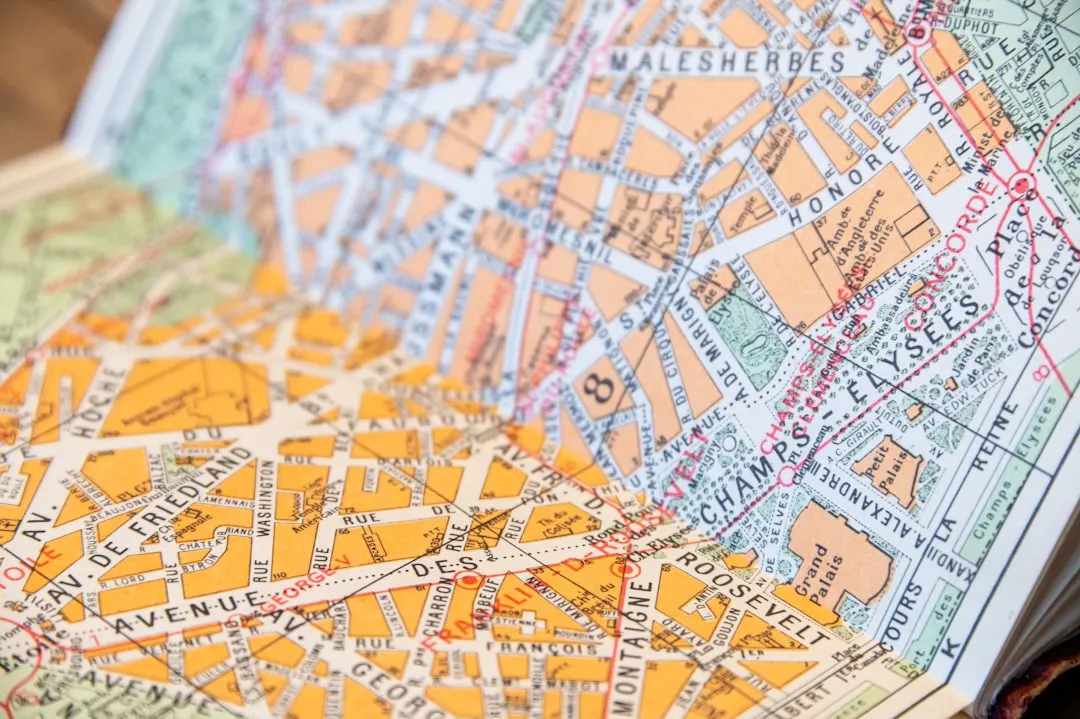


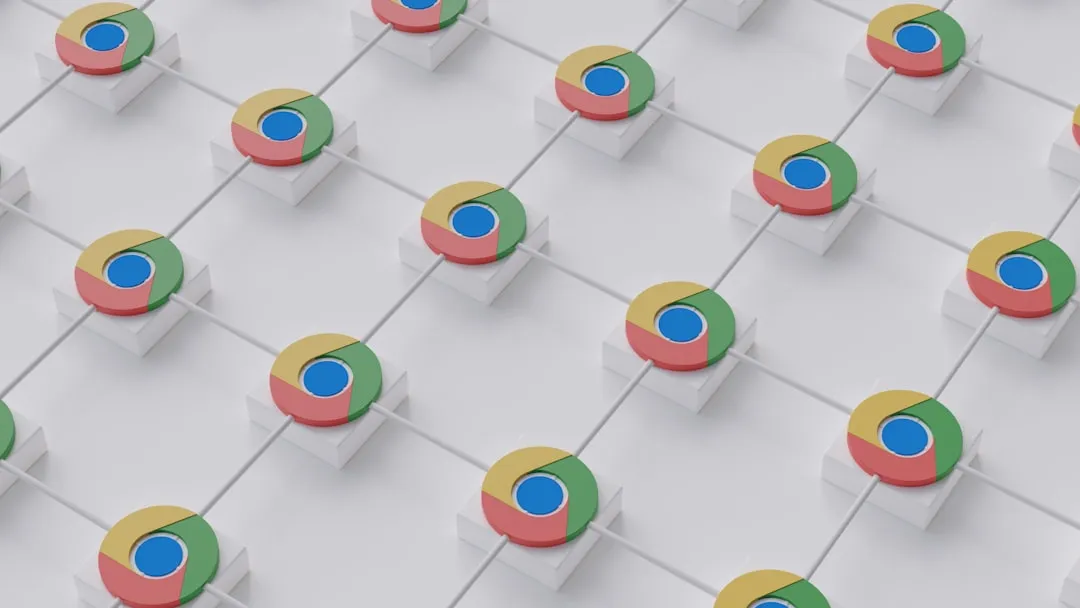
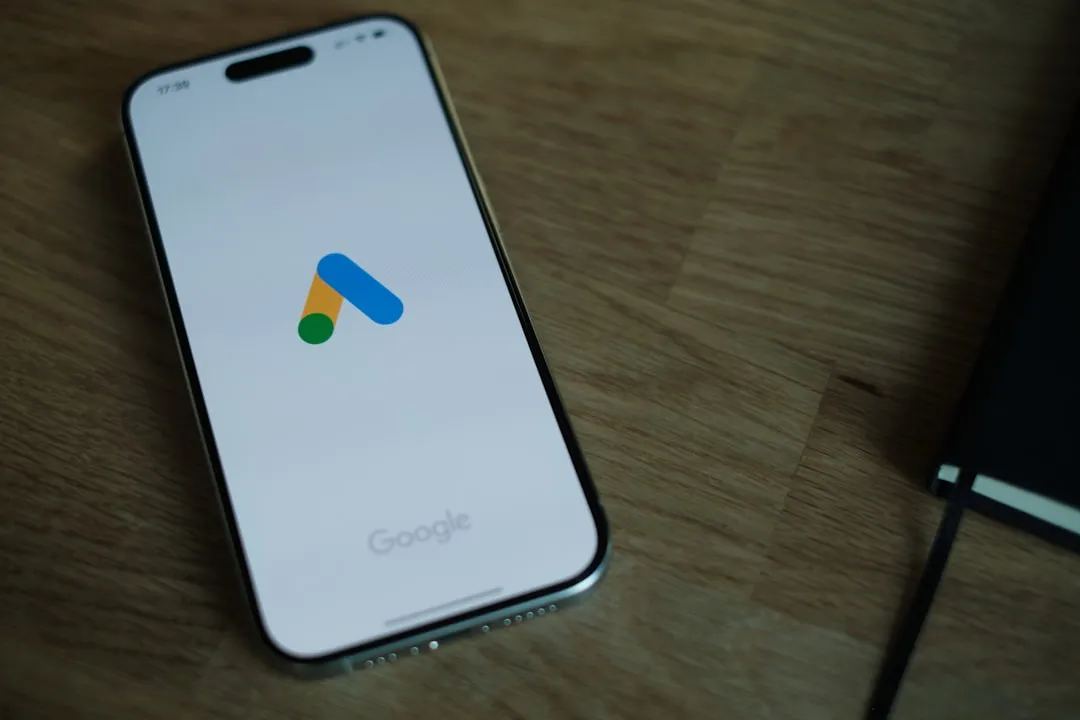

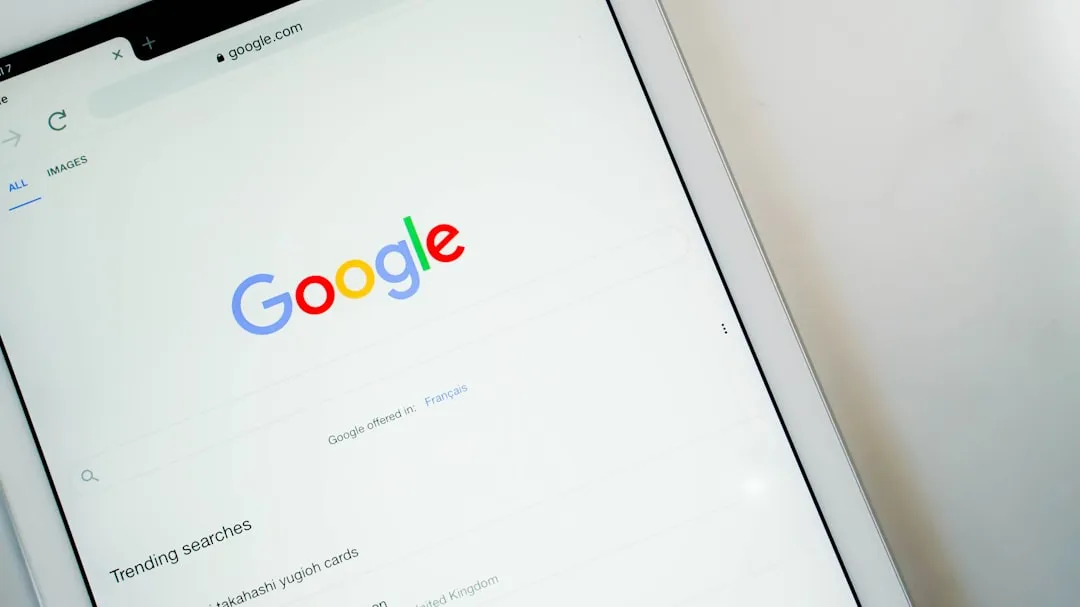
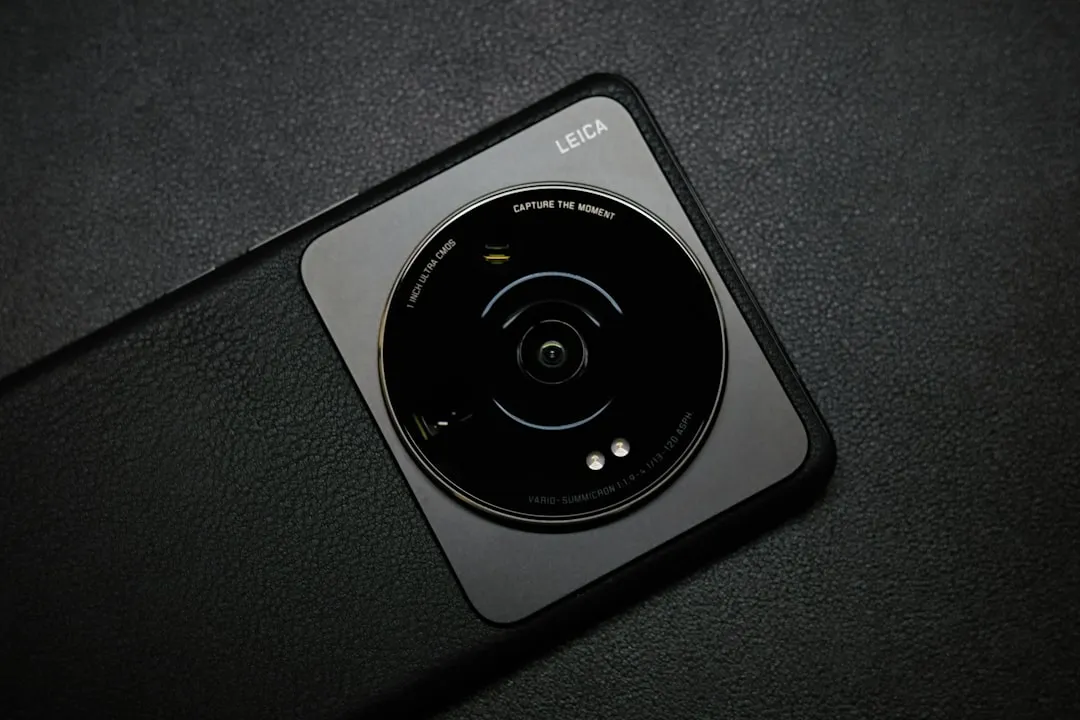
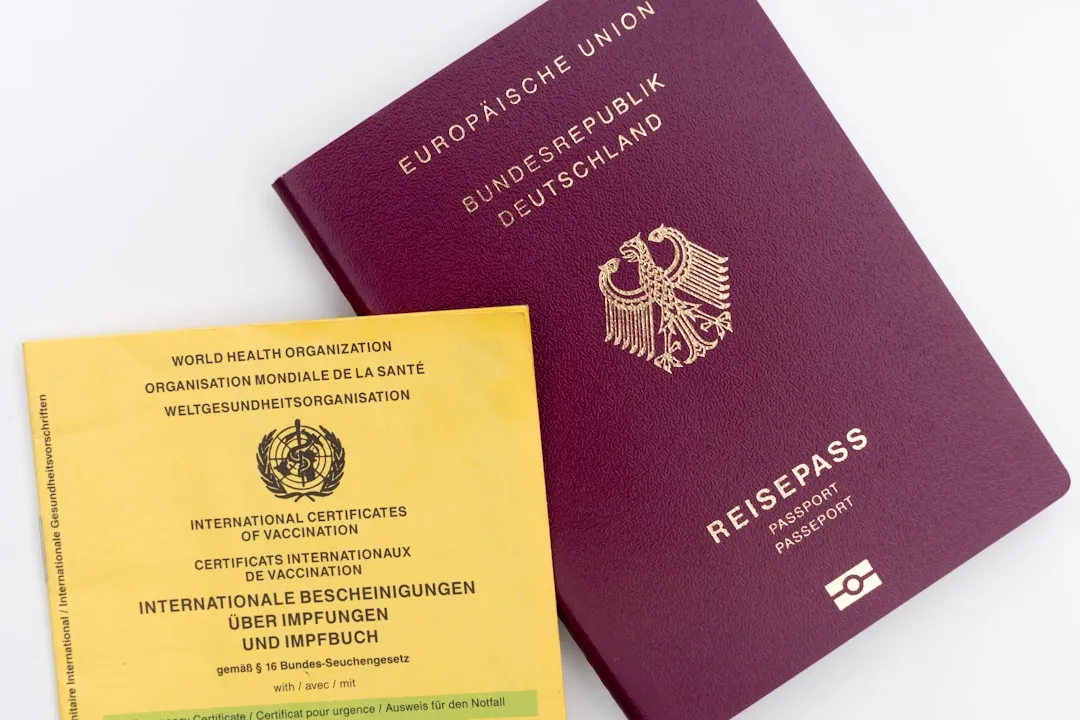
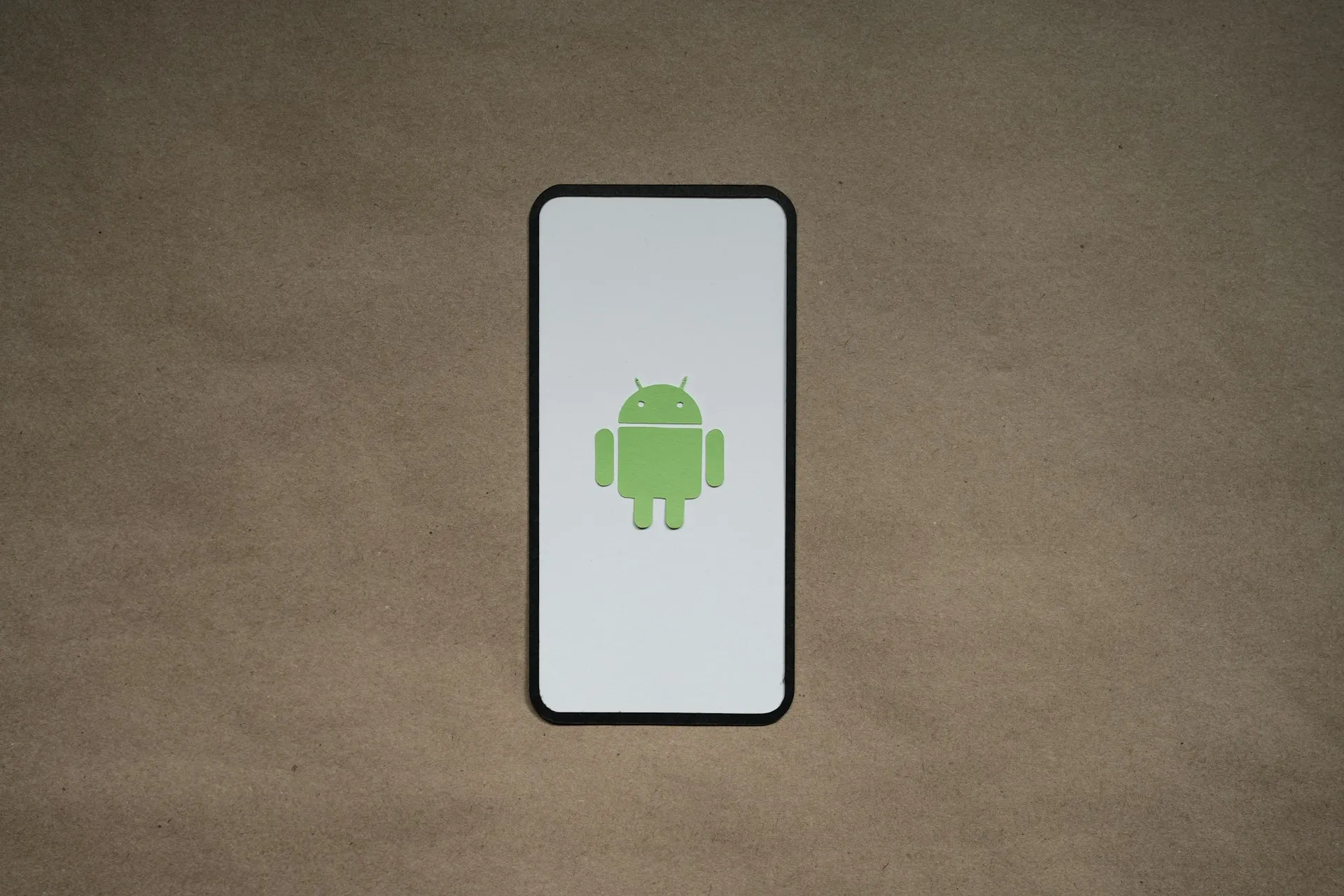

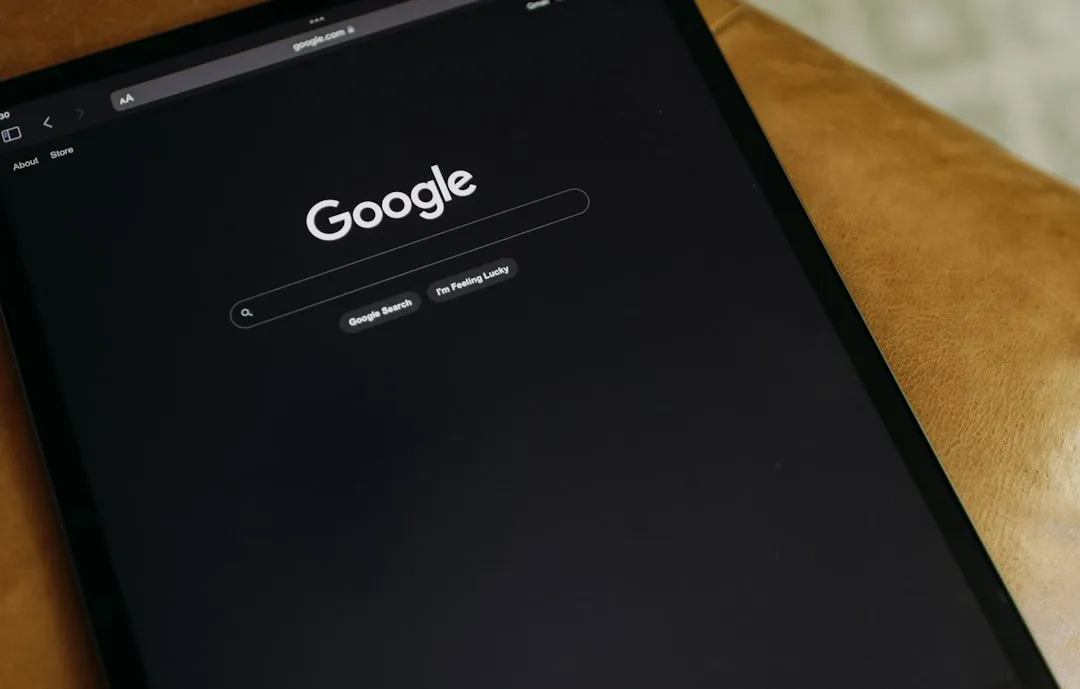







Comments
Be the first, drop a comment!